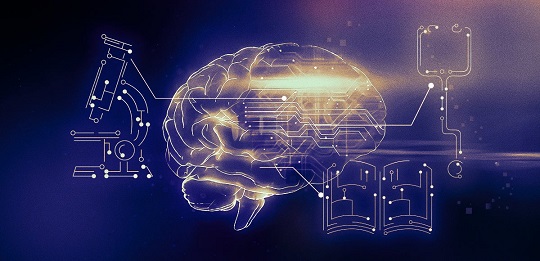In the rapidly evolving field of artificial intelligence (AI), technical skills such as programming, data analysis, and machine learning are often emphasised as essential for success. However, soft skills are equally important in shaping a successful career in AI. These skills enable professionals to communicate effectively, collaborate with diverse teams, and adapt to changing environments. This article explores the crucial role of soft skills in AI careers and how they complement technical expertise.
The Importance of Communication Skills
Effective communication is a cornerstone of success in any career, and AI is no exception. Professionals in this field must be able to explain complex technical concepts to non-technical stakeholders, such as managers, clients, and colleagues. This is particularly important when presenting findings, making recommendations, or discussing project requirements.
For example, an AI specialist might need to explain the results of a predictive model to a business team, highlighting the model’s accuracy, potential biases, and implications for decision-making. Clear and concise communication helps bridge the gap between technical and non-technical teams, ensuring that AI solutions are understood and utilised effectively.
Collaboration and Teamwork
AI projects often require interdisciplinary collaboration, bringing together experts from various fields such as data science, software engineering, business, and domain-specific areas. The ability to work well in a team is crucial for navigating the complexities of these projects. Professionals must be able to listen to different perspectives, share their own insights, and work towards common goals.
Collaboration is also essential in a learning environment. In free certification courses, students often work on group projects that mimic real-world scenarios. These experiences help develop teamwork skills and prepare students for collaborative work in their future careers. Similarly, a ML course might include peer reviews and group discussions, fostering a collaborative learning atmosphere.
Adaptability and Problem-Solving
The field of AI is characterised by rapid advancements and constant innovation. As new technologies and methodologies emerge, professionals must be adaptable and open to learning. Adaptability involves staying updated with the latest trends, tools, and research in AI. It also means being willing to pivot and change strategies when faced with new challenges or information.
Problem-solving skills are closely tied to adaptability. AI professionals often encounter complex and ambiguous problems that require creative solutions. Whether it’s optimising an algorithm, debugging a codebase, or refining a machine learning model, the ability to think critically and approach problems methodically is invaluable. Free online courses with certificates often emphasise these skills, providing students with practical problem-solving exercises.
Leadership and Ethical Considerations
As AI becomes more integrated into various industries, there is a growing need for leaders who can guide ethical and responsible AI development. Leadership skills are essential for managing teams, setting project goals, and making strategic decisions. In addition, AI professionals must consider the ethical implications of their work, such as data privacy, algorithmic bias, and the societal impact of AI technologies.
Programs like the MIT AI course often include modules on AI ethics, preparing students to navigate the ethical challenges associated with AI development. Understanding and addressing these issues is crucial for building trust and ensuring that AI technologies are developed and used responsibly.
Conclusion
While technical skills are undoubtedly important in artificial intelligence careers, soft skills play a vital role in achieving long-term success. Communication, collaboration, adaptability, problem-solving, leadership, and ethical considerations are all essential components of a well-rounded AI professional’s skill set. By developing these soft skills alongside technical expertise, individuals can enhance their career prospects and contribute more effectively to the dynamic and evolving field of AI.
